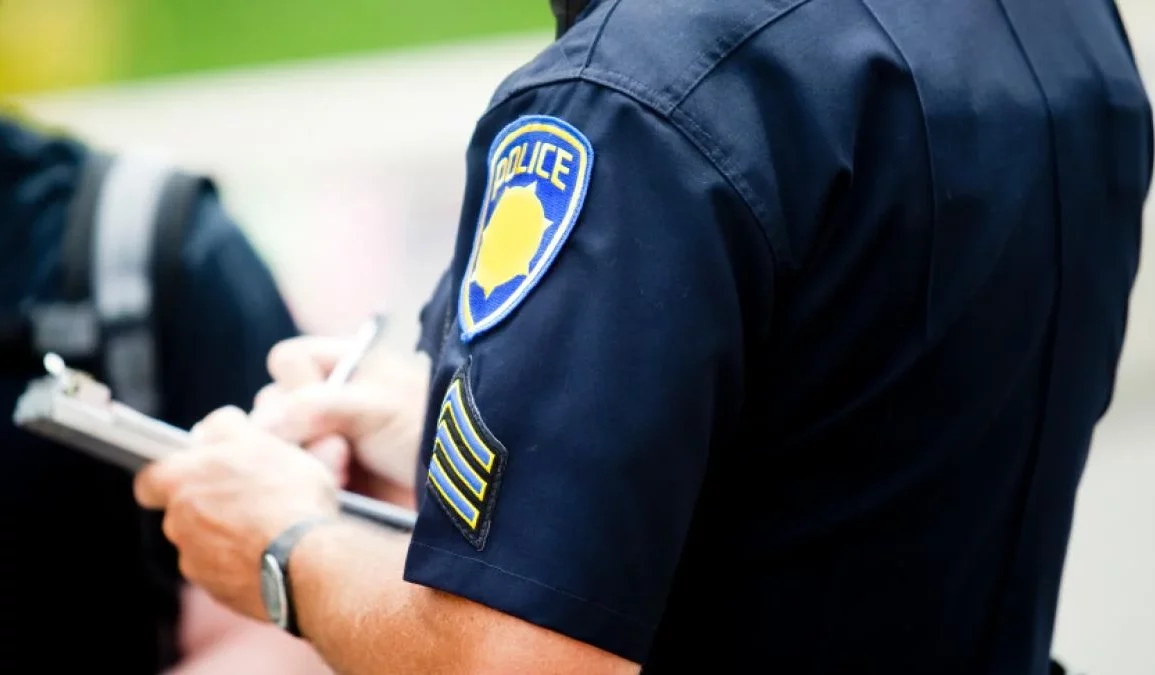Criminal Law Enforcement in the United Kingdom
Enforcing criminal law in England and Wales involves a multifaceted approach aimed at upholding justice, maintaining public order, and protecting individuals and communities. Understanding the mechanisms of criminal law enforcement is crucial for legal practitioners, law enforcement agencies, and the public.
Key Components
Law Enforcement Agencies
Criminal law enforcement in the UK is carried out by various agencies, including the police, National Crime Agency (NCA), and other specialized units. Each agency plays a specific role in investigating and preventing different types of crimes.
Police Powers and Responsibilities
The police have extensive powers to investigate, arrest, and detain individuals suspected of committing criminal offenses. They are responsible for gathering evidence, conducting interviews, and presenting cases to the Crown Prosecution Service (CPS) for prosecution.
Crown Prosecution Service (CPS)
The CPS is responsible for deciding whether to prosecute individuals based on the evidence presented by the police. They play a pivotal role in ensuring that prosecutions are in the public interest and supported by sufficient evidence.
Legal Procedures
Criminal law enforcement follows established legal procedures, including the arrest and questioning of suspects, the gathering of evidence, and court proceedings. The legal system ensures that individuals are afforded their rights and that justice is served fairly.
Criminal Investigations
Investigations involve thorough examination of crime scenes, collection of evidence, and interviewing witnesses. Specialized units within law enforcement agencies handle specific types of crimes, such as cybercrime, fraud, and organized crime.
Collaboration with Other Agencies
Law enforcement agencies collaborate with other bodies, such as social services, to address the root causes of criminal behavior and promote community safety. Multi-agency partnerships aim to prevent and tackle crime effectively.
Use of Technology
Technology plays a crucial role in criminal law enforcement, from forensic tools for evidence analysis to advanced surveillance techniques. The police use modern technology to track criminals, prevent crime, and enhance public safety.
Community Policing
Community policing fosters a proactive approach, with officers working closely with local communities to address specific concerns and build trust. This approach aims to prevent crime and address issues affecting community well-being.
Crime Prevention Strategies
Beyond investigation and prosecution, criminal law enforcement includes implementing strategies to prevent crime. This involves public awareness campaigns, community engagement, and targeted interventions to reduce criminal activities.
Legal Safeguards and Human Rights
Criminal law enforcement operates within the framework of legal safeguards and human rights principles. The rights of suspects, defendants, and victims are protected throughout the criminal justice process.
Who enforces criminal law in the United Kingdom?
Criminal law in the UK is enforced by various agencies, primarily the police, National Crime Agency (NCA), and specialized units dedicated to specific types of crimes.
What powers do the police have in criminal law enforcement?
The police have extensive powers, including the authority to investigate, arrest, and detain individuals suspected of committing criminal offenses. They gather evidence and collaborate with other agencies.
What role does the Crown Prosecution Service (CPS) play in criminal law enforcement?
The CPS is responsible for deciding whether to prosecute individuals based on evidence presented by the police. They ensure prosecutions are in the public interest and supported by sufficient evidence.
What legal procedures are followed in criminal law enforcement?
Criminal law enforcement follows established legal procedures, including the arrest and questioning of suspects, evidence gathering, and court proceedings. Legal safeguards ensure fair treatment.
How are criminal investigations conducted in the UK?
Investigations involve thorough examination of crime scenes, evidence collection, and witness interviews. Specialized units handle specific types of crimes, such as cybercrime and organized crime.
What collaborative efforts exist in criminal law enforcement?
Law enforcement agencies collaborate with other bodies, including social services, to address the root causes of criminal behavior. Multi-agency partnerships aim to prevent and tackle crime more effectively.
How does technology contribute to criminal law enforcement?
Technology plays a crucial role, from forensic tools for evidence analysis to advanced surveillance techniques. Technology is used to track criminals, prevent crime, and enhance public safety.
What is the concept of community policing in criminal law enforcement?
Community policing involves officers working closely with local communities to address concerns, build trust, and prevent crime. This proactive approach aims to enhance community well-being.
What strategies are employed for crime prevention in criminal law enforcement?
Crime prevention strategies include public awareness campaigns, community engagement, and targeted interventions to reduce criminal activities.
How are legal safeguards and human rights maintained in criminal law enforcement?
Criminal law enforcement operates within the framework of legal safeguards and human rights principles. The rights of suspects, defendants, and victims are protected throughout the criminal justice process.
- Pay-Per-Click Management Service Agreement - July 18, 2024
- Website Minor Work Agreement - July 15, 2024
- Website Design Change Order Form - July 15, 2024









